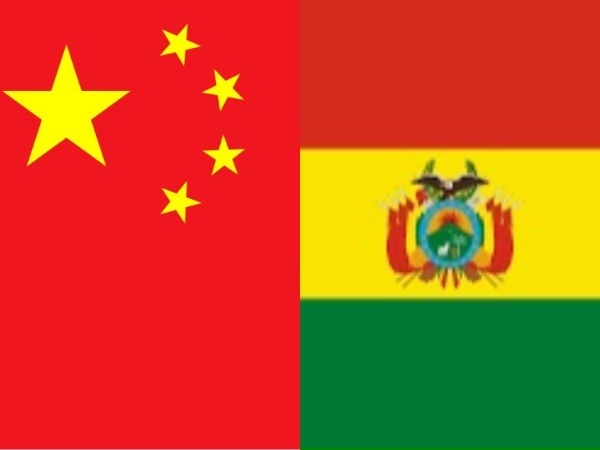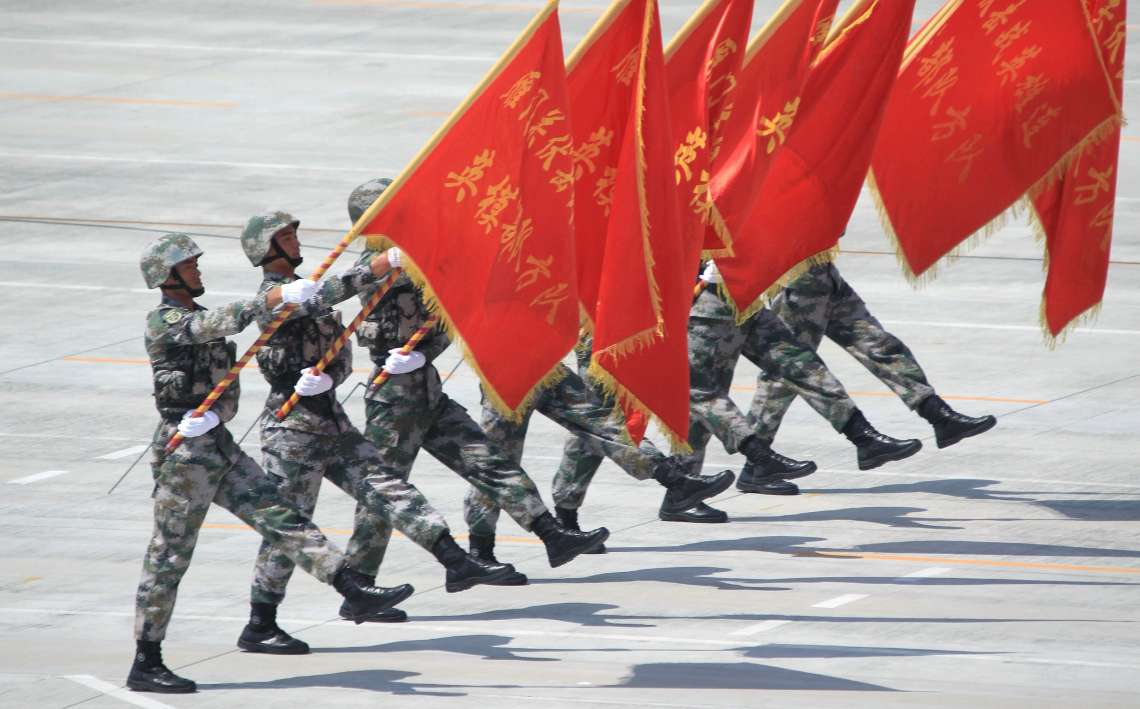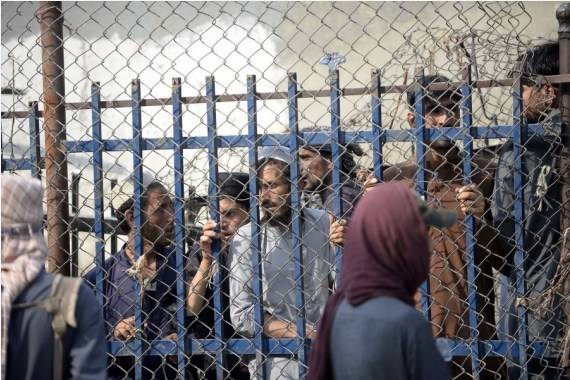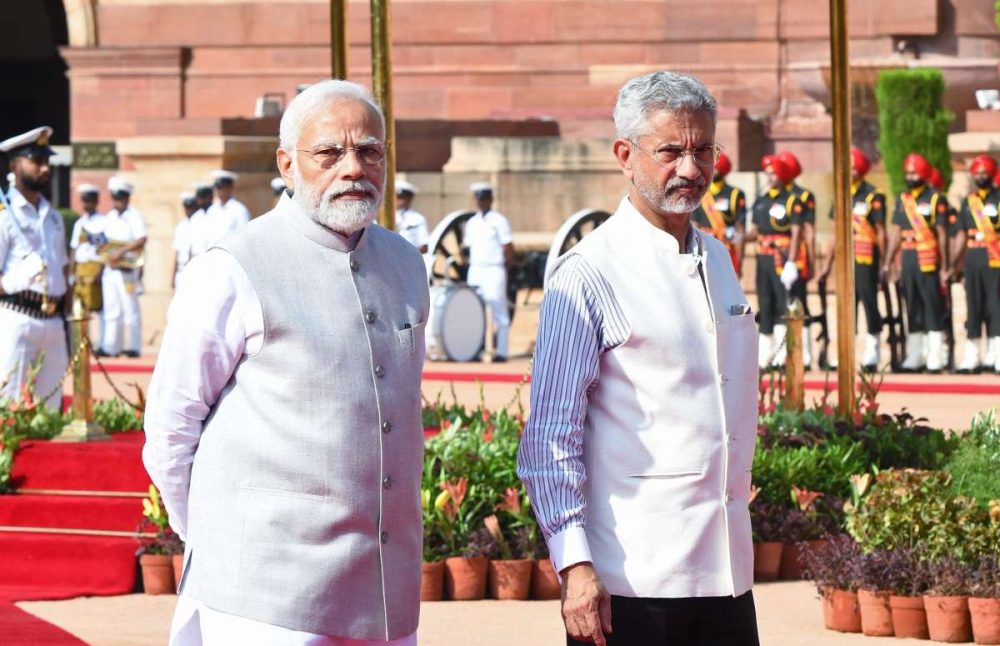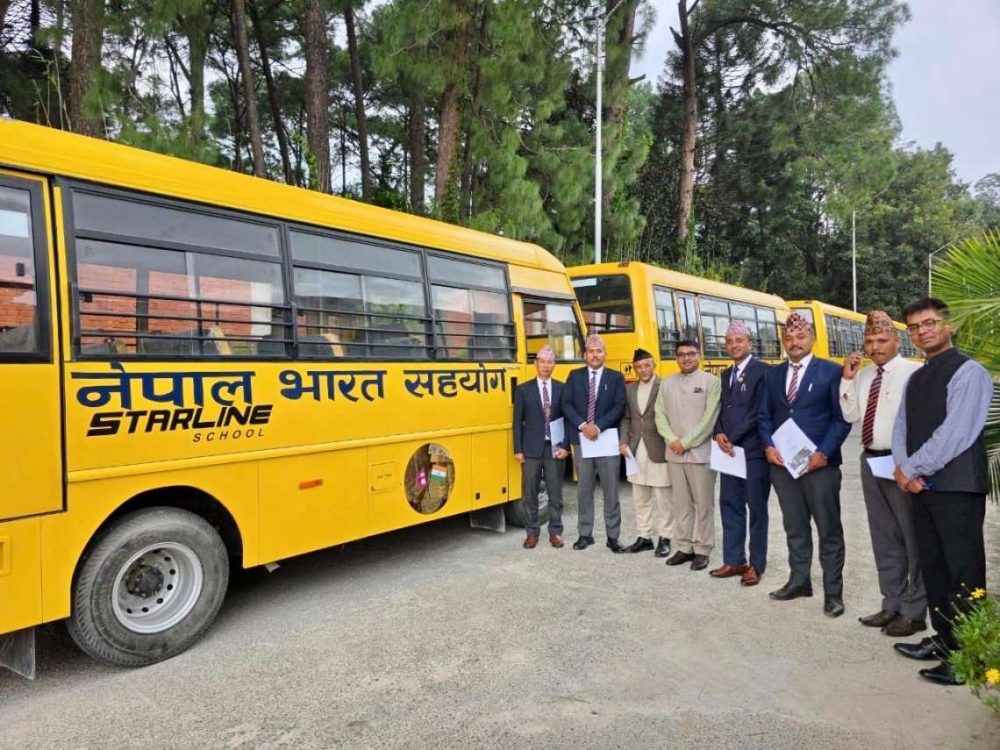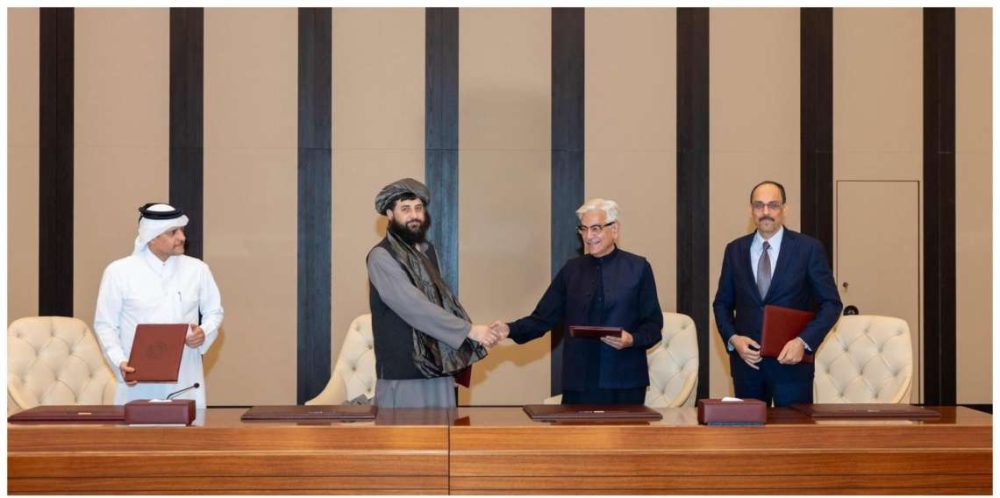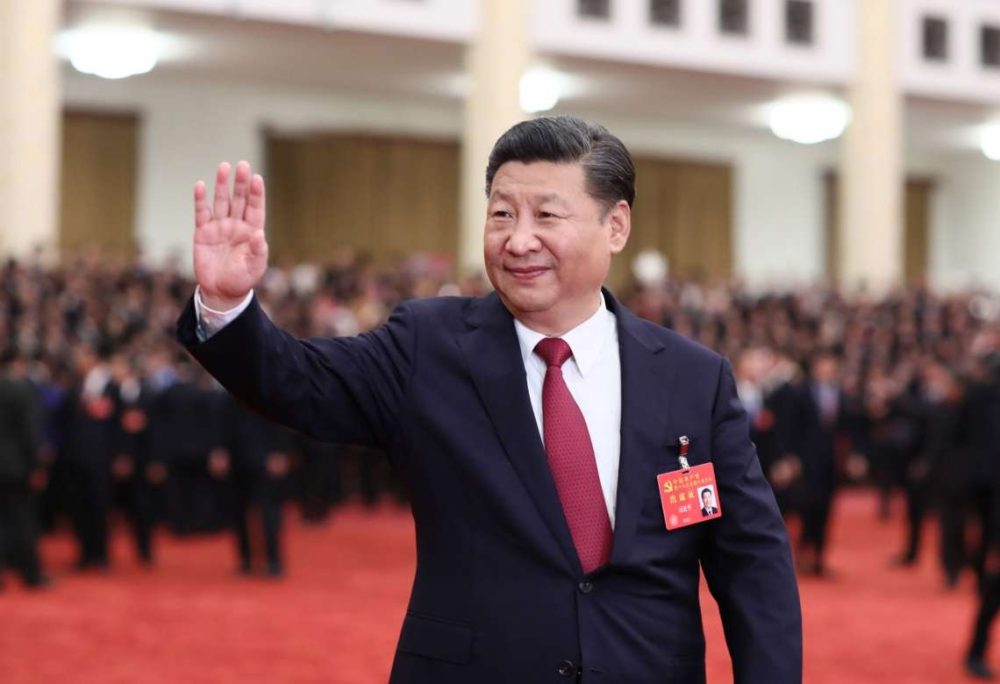Bolivia is the third country in Latin America to consider using the Chinese yuan for trade….reports Asian Lite News
Discussions are underway for the opening of Chinese banks in Bolivia but there are serious doubts and concerns about trading with China in Yuan currency, Voice of America (VOA) reported.
The national government’s problem is a “structural denial of the crisis in Bolivia,” which is why “distractive measures are taken that are not aimed at solving the crisis,” according to opposition senator Cecilia Requena.
“The yuan lacks the conditions to be an internationally accepted currency because it has many exchange restrictions that are heavily influenced by politics in an opaque manner,” Requena noted.
Jose Gabriel Espinoza, an economist and former director of the Central Bank of Bolivia, told VOA that the yuan pronouncements are more politically motivated in order to lower the population’s expectations owing to a scarcity of dollars, VOA reported.
“You have to understand that in Bolivia and probably in the region, a large part of the consumer goods come from contraband. They do not come from Chinese markets or intermediaries in that country but are bought from secondary markets. This means resale, and for this, the dollar is used,” Espinoza said.
However, the Chinese ambassador to Bolivia, Huang Yazhong, made the announcement earlier this month about the usage of yuan in Bolivia, VOA reported.
For a currency to be effective globally, it must have a very high degree of demand, said financial consultant, Jaime Dunn.
Ninety per cent of transactions are made in dollars, 60 per cent of the Swift system (which facilitates the movement of capital between countries) is in dollars and the yuan is less than 2 per cent.
One yuan is currently equivalent to 0.14 dollars and 0.98 bolivianos.
“Bolivia does not have the conditions for a change from the dollar to the yuan currently because all the income from imports and exports that the country makes go to markets where we are paid in dollars and imports are also in dollars. On the other hand, we also have a trade balance with China that is negative,” explained Dunn.
In his mid-term report in May, Bolivian President Luis Arce referenced Brazil and Argentina as two close countries that have agreements with China to trade in the yuan rather than in dollars, a path that he said Bolivia would follow because “the region is shifting towards that.” A date has yet to be announced as to when that could happen, VOA reported.
The shortage of dollars has worsened in the last three months, and Bolivians have faced restrictions on banking operations in the US currency.
Initially, the national government minimized the financial situation and later proposed to meet the high demand for dollars from the Central Bank of Bolivia itself through direct sales, but the demand continues. There is a waiting list to acquire the dollar and a parallel exchange market has been formed.
Bolivia has also seen a growth in fuel imports, which in 2022 reached USD 4.2 billion, 2 per cent of total imports, while gas exports fell to USD 3.4 billion, VOA reported.
Bolivia is the third country in Latin America to consider using the Chinese yuan for trade.
In Argentina, the government announced in April that its purchases from China would begin to be paid in the yuan instead of dollars, to preserve its weakened international reserves.
As of March in Brazil, the yuan has supplanted the euro as the second-largest foreign reserve currency, according to a central bank report. The government announced an agreement to trade with China in the currencies of both countries, the yuan and Real, and avoid resorting to the dollar.
“If South America unites as a region, it can be a regional counterweight. To the north, we share our continent with a superpower, like the United States, and obviously, in that context, there are interests,” said Bolivian Foreign Minister Rogelio Mayta in an interview with Chinese state media CGTN.
In Bolivia, analysts said replacing the dollar with the yuan could not be implemented in the short term, but it is possible for bilateral trade.
“Transactions with countries are one thing and transactions with the Chinese yuan that could be handled at certain levels are another thing. But in daily activity, dollars or the national currency will always be handled, and it will hardly happen that it will be replaced by the yuan,” said Dunn. (ANI)


